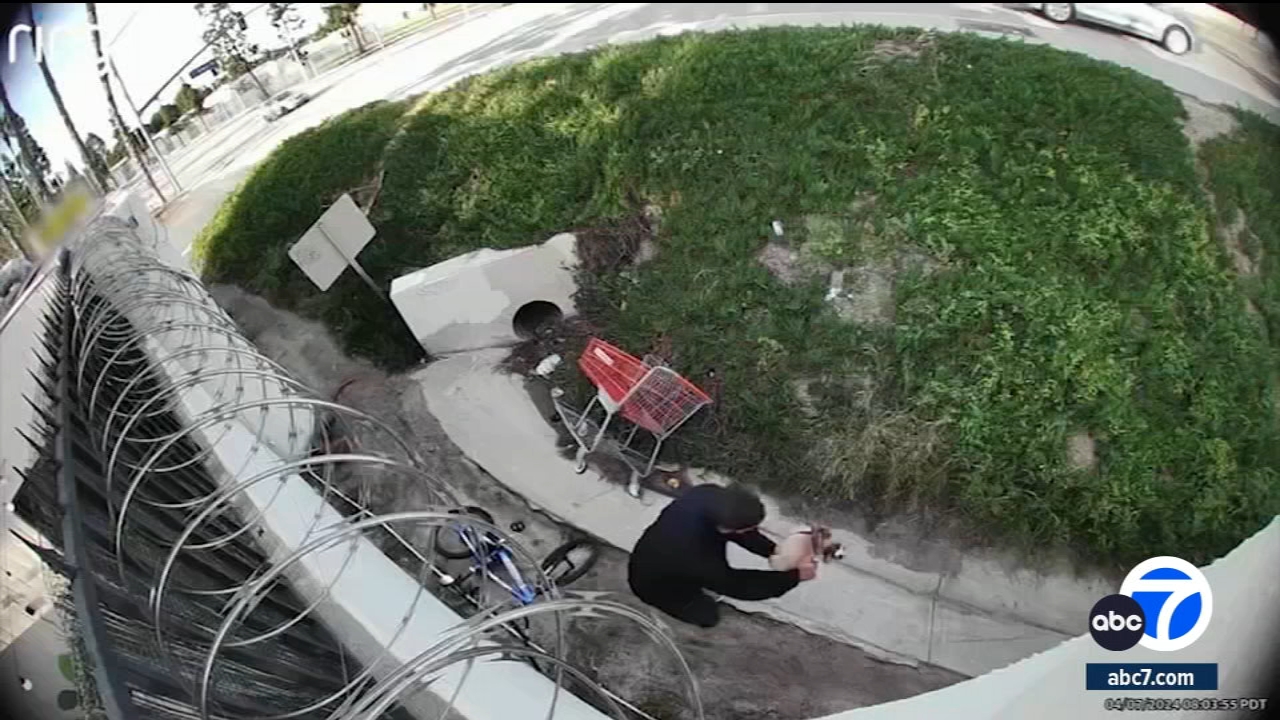Iconic Joshua trees threatened by climate change, study suggests

JOSHUA TREE NATIONAL PARK, Calif. (KABC) -- What would Joshua Tree National Park be like without Joshua trees?
A new study conducted by UC Riverside scientists suggests it's happening, and the study's authors blame climate change.
"An adult tree will shrug its leafy shoulders and not worry about it all that much," said Dr. Cameron Barrows, associate researcher and ecologist at UC Riverside's Center for Conservation Biology.
"(But) two or three years of drought in a row will kill a seedling," Barrows said.
Using a variety of methods, the study attempted to identify the acreage in and around Joshua Tree National Park where younger trees can thrive. According to the study, throughout a historical period from 1981-2010, about 8,715 acres are identified as ideal for new Joshua tree growth, or 13.4% of the range.
But if nothing is done to alter the effects of climate change, Dr. Barrows said that number is forecast to drop to around 15 acres, or 0.02% of the range by the end of this century.
"What we've seen so far is about a five-degree increase from the average temperature just since 1980," said Barrows. "We're not getting as much snow, and the snow we're getting isn't lasting on the ground."
However, Barrows suggested that not all the news is all bad.
"As long as we do something, and something significant, to stem the effects of climate change, there are places in the park where Joshua trees will reproduce and do just fine," he said.
A link to the study can be found here.





